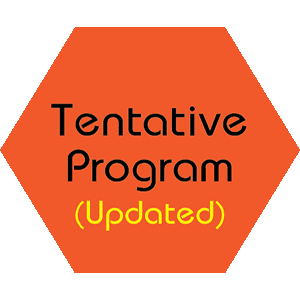
Anne L. Foundas
Brain Institute of Louisiana, USA
Title: Vascular cognitive impairment: treatment innovation
Biography
Biography: Anne L. Foundas
Abstract
The world population is aging. It is estimated that by 2050 there will be over 1.6 billion people worldwide aged 65 and over (17% of the world’s population). The greatest risk for dementia is increasing age. Vascular dementia (VaD) is one dementia subtype that occurs with increasing age. This diagnosis is found in about 20% of people with dementia. Many people with neurodegenerative diseases, like Alzheimer’s disease or Frontotemporal dementia, have microvascular disease and meet the clinical criteria for a mixed-type of dementia. These mixed-dementia patients often have a more malignant progression of their disease compared to individuals without microvascular disease. Our clinical and research team focuses on early intervention in individuals with mild cognitive impairment, including innovative treatment approaches to change the trajectory of cognitive decline. This talk will be divided into three parts. The first part will include an overview of the clinical and pathological heterogeneity of VaD. The second part will emphasize clusters of patients with vascular cognitive impairment, including major cognitive markers that seem to be prevalent across clinical subtypes. Finally, the third part will present preliminary data regarding our clinical approach that includes the innovative use of neural stimulation and photobiomodulation. Our clinical research team uses a two-pronged approach to:
(1) improve communication skills and functional independence in patients with a dementia diagnosis,
(2) facilitate early identification and treatment of at risk individuals. This discussion will focus on our innovative treatment approaches designed to enhance functional independence, improve communication skills, and reduce caregiver burden.

